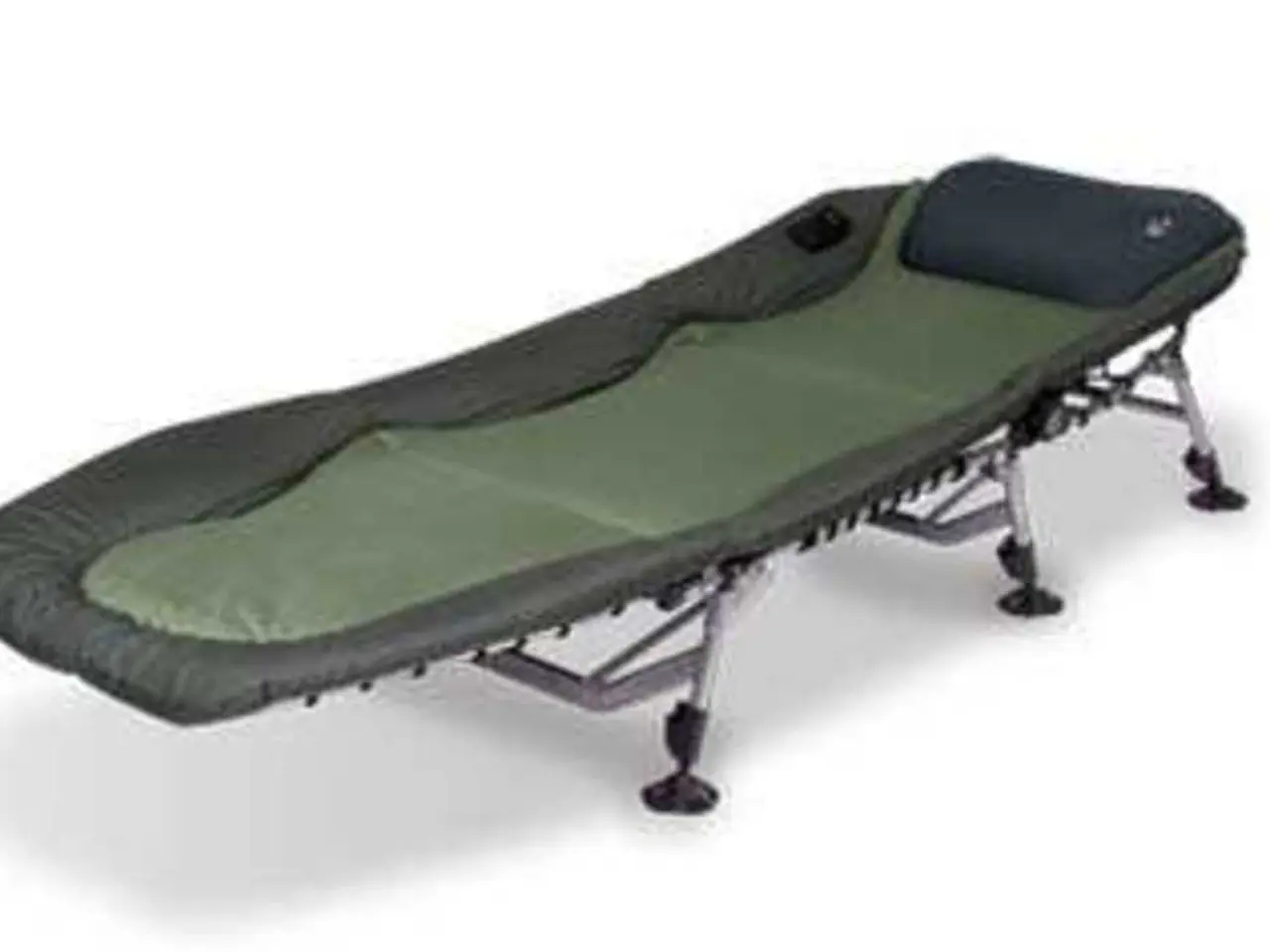Medications for Knee Replacement Surgery: Painkillers, Antibiotics, and Additional Prescriptions
In knee replacement surgery, patients are put under general anesthesia, with the choice of medication depending on the doctor's preferences and the individual's past experiences with anesthesia.
Before the surgery, medications aim to manage osteoarthritis pain and inflammation. These may include Non-Steroidal Anti-Inflammatory Drugs (NSAIDs) such as ibuprofen, naproxen, and celecoxib, acetaminophen as a pain reliever, and occasionally corticosteroid injections like cortisone to reduce joint swelling and inflammation.
During and immediately after the surgery, pain control typically involves prescription opioids like oxycodone and hydrocodone for strong pain relief in the initial postoperative period. These are used cautiously due to risks of addiction and side effects. NSAIDs and acetaminophen are often used alongside opioids to minimize opioid dose. Other techniques such as multi-modal analgesia and non-drug methods like cold compression and knee flexion pillows reduce reliance on opioids and enhance recovery.
After the surgery, medications focus on pain management for rehabilitation and inflammation control. Continued use of NSAIDs like celecoxib, meloxicam, and diclofenac or acetaminophen for pain and inflammation, limited and carefully monitored opioid use for breakthrough pain, tapering off as healing progresses to avoid dependency, and sometimes corticosteroids are used in some cases.
To prevent blood clots after knee replacement surgery, doctors typically recommend aspirin or direct oral anticoagulants such as rivaroxaban (Xarelto) and apixaban (Eliquis) by the Food and Drug Administration (FDA).
It's essential to discuss knee replacement surgery medications with a doctor to ensure people have the most effective pain relief after the operation. Muscle relaxers like methocarbamol and cyclobenzaprine may be prescribed to limit opioid use after surgery. Combining different pain medications may provide better pain relief and improved satisfaction.
In case of infection after knee replacement surgery, doctors prescribe IV antibiotics to prevent further infections. If a person has severe or chronic infections, surgeons may need to remove the knee implant. If only the skin and soft tissues around the knee replacement are infected, antibiotics are effective. However, if the infection spreads to the joint, oral or intravenous antibiotics may be necessary.
In summary, the medication regimen for knee replacement surgery helps balance adequate pain control to allow physical therapy and mobility while minimizing adverse effects, supporting optimal recovery.
| Phase | Common Medications | Role in Recovery | |--------------------|----------------------------------------|--------------------------------------------------| | Before Surgery | NSAIDs, acetaminophen, corticosteroid injections | Reduce pain and inflammation preoperatively | | During & Immediate Postoperative | Opioids, NSAIDs, acetaminophen, multi-modal analgesia | Control acute surgical pain and enable early mobilization | | After Surgery | NSAIDs, acetaminophen, limited opioids | Manage ongoing pain/inflammation, facilitate rehabilitation |
Here is a list of possible questions to ask a doctor before or after knee replacement surgery:
- What medications will be used during my surgery, and why are these chosen?
- What pain management strategies will be employed during and after the surgery?
- How long will I need to take pain medications, and what are the potential side effects?
- What should I do if I experience breakthrough pain after taking pain medications?
- Are there any medications I should avoid before or after the surgery?
- What are the risks and benefits of using direct oral anticoagulants for blood clot prevention?
- What should I do if I suspect an infection after the surgery?
- What are the signs of a severe or chronic infection that may require further intervention?
- How long will physical therapy and gradual mobilization be part of my recovery process?
- What can I expect in terms of mobility improvement after the surgery and rehabilitation?
- Are therapies like physical therapy and fitness and exercise recommended for improving knee mobility after surgery?
- Considering my medical conditions and chronic diseases, are there any alternates to opioids for post-surgery pain management?
- In the context of workplace-wellness and health-and-wellness, would nutrition and skin-care play a role in recovery from knee replacement surgery?
- Can eye-health supplements support faster recovery or have positive effects after knee replacement surgery?
- Are there any promising therapies and treatments, such as CBD or medicinal plants, under scientific study for pain management in knee replacement surgery?
- In addition to traditional therapies, are non-drug methods, like meditation or yoga, beneficial for mental-health and overall recovery after knee replacement surgery?
- Are there any special considerations for cardiovascular-health before or after knee replacement surgery?
- Should I look into Medicare coverage for predicted expenses related to knee replacement surgery, medications, and follow-up care?
- Are there specific respiratory conditions that could complicate the knee replacement surgery or recovery process, and how can they be managed?
- Are there any complementary approaches, such as supplements, vitamins, or alternative treatments, that may help improve outcomes or recovery time for knee replacement surgery?




